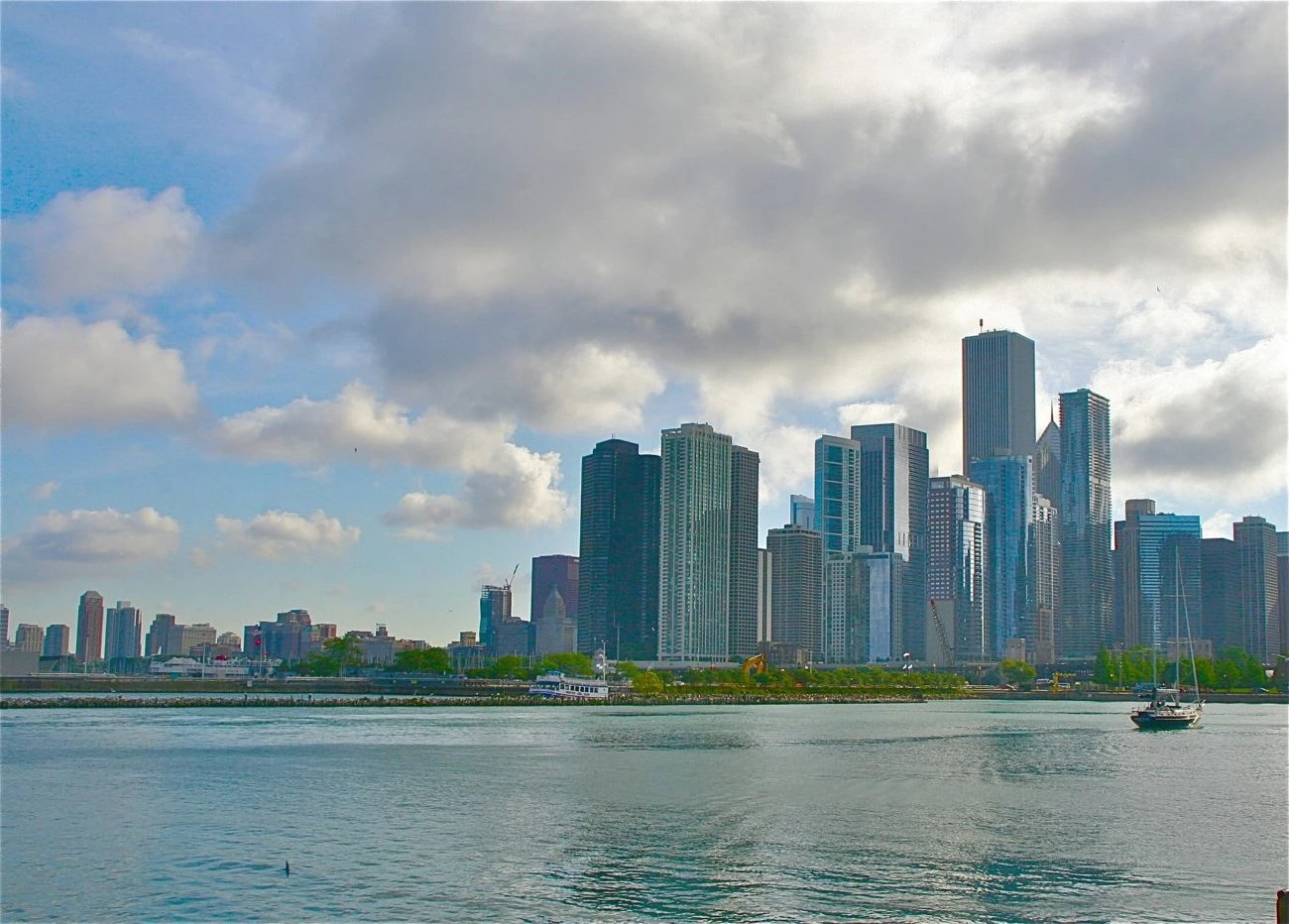Michigan regulator issues cease and desist to Curaçao-based Bovada

The MGCB alleges that Bovada operator Harp Media BV is allowing Bovada.com and Bovada.lv to be accessible to Michigan players. This is despite it not having the appropriate licence.
The regulator has accused Harp Media BV of infringing upon several Michigan gambling laws. This includes the Lawful Internet Gaming Act, the Michigan Gaming Control and Revenue Act and the Michigan Penalty Code.
Only federally authorised tribal casinos and casinos licensed under the Michigan Gaming Control and Revenue Act are permitted to apply for an online gaming or sports betting licence.
Running an unlicensed gambling operation is a felony. Offenders could face a punishment of up to ten years in prison or a fine of up to $100,000 (£78,562/€92,276), or both.
Harp Media BV has 14 days from the receipt of the order to block Michigan residents from using its services. The letter was sent yesterday (29 May). After this period the MGCB will take legal action.
Henry Williams, executive director of the MGCB, said the cease-and-desist acts as a warning to other international operators.
“The proliferation of online gaming platforms has led to increased scrutiny from regulatory bodies worldwide and this action serves as a stern warning to overseas companies that flouting local regulations will not be tolerated,” said Williams.
“The MGCB remains steadfast in its commitment to upholding Michigan’s laws and regulations and will continue to actively monitor and enforce compliance within the state to ensure a fair and secure gaming environment for all.”
Curaçao re-regulation to improve reputation in industry
Bovada’s Curaçao homebase is currently in the process of reforming its gambling legislation. It is awaiting the implementation of the National Ordinance for Games of Chance (LOK), a new piece of regulatory legislation.
It is hoped that the incoming LOK will tighten up Curaçao’s industry reputation. The region has long been associated with lax anti-money laundering (AML) rules and criminal activity.
The LOK will replace the current legislation, the National Ordinance on Offshore Games of Hazard (NOOGH). Javier Silvania, Curaçao’s minister of finance, has said that the LOK would provide a “safety net” from grey-listing by AML body the Financial Action Task Force (FATF).
Earlier this month, Michigan reported an 8.7% drop in online gaming revenue for April. Sports betting and igaming operators in the state recorded $234.8m in April revenue, slipping month-on-month. Detroit’s casinos also reported a dip in revenue for April, sliding 11.7% monthly to $109.4m.
